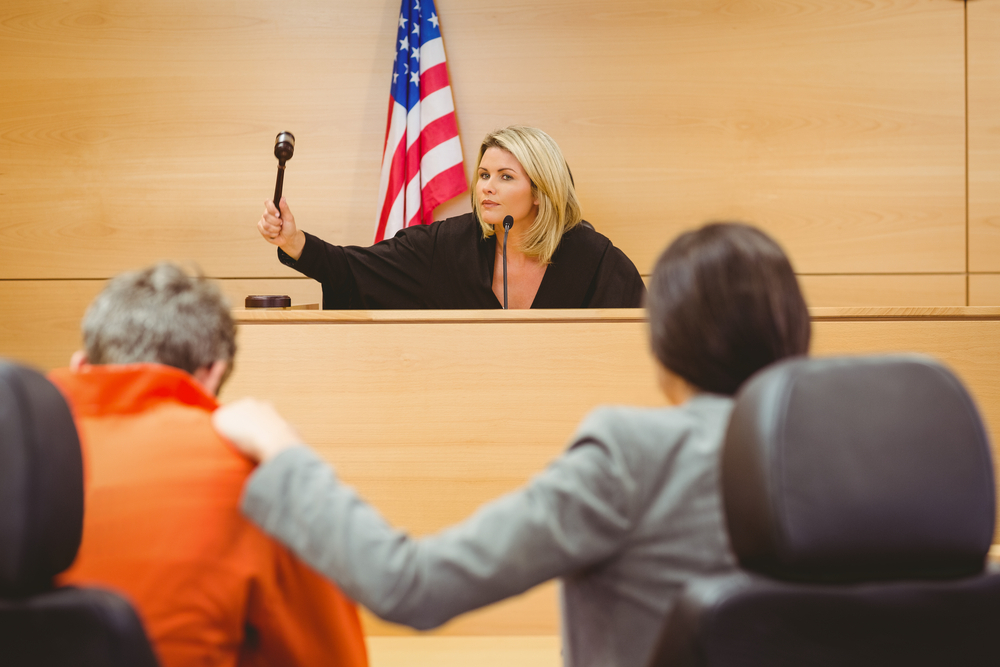Standing accused of a crime can be a frightening experience. With so many uncertainties, it’s natural to feel overwhelmed. The legal system can be complex and intimidating, making it critical to have a skilled criminal defence lawyer by your side. But what exactly does a criminal defence lawyer do? How can they help navigate the legal maze and build a strong case for their clients?
Criminal Defence Lawyers step in at the crucial moment when you’re at your most vulnerable. They provide guidance, advice, and reassurance, helping you navigate the complexities of the court system. From the initial police interview right through to the court proceedings, they’re there to support you every step of the way. They scrutinise the evidence, challenge the prosecution’s case, and passionately advocate on your behalf.
Understanding the Role of a Criminal Defence Lawyer
A criminal defence lawyer is an attorney specializing in defending individuals and companies charged with criminal activity. They play a crucial role in the legal system, ensuring that every accused person gets a fair trial as guaranteed under the law. Their responsibilities include providing legal advice, representing clients in court, and making sure that their clients’ rights are protected throughout the legal process.
The Importance of Legal Representation in Criminal Cases
Facing criminal charges without legal representation can be a daunting task. The legal system is complex, with many rules and procedures that must be followed. A criminal defence lawyer has the knowledge and experience to navigate this system. They can help you understand the charges against you, the potential penalties, and the options available for your defence. Most importantly, they can advocate on your behalf, presenting your case in the best possible light.
The Process of Building a Strong Defence
Building a strong defence involves thorough investigation, strategic planning, and persuasive presentation. A criminal defence lawyer will review the evidence, interview witnesses, and consult with experts to challenge the prosecution’s case. They will also develop a legal strategy tailored to the specifics of your case, whether that involves negotiating a plea deal, challenging the evidence in court, or preparing for a trial.
How to Choose the Right Criminal Defence Lawyer
Choosing the right criminal defence lawyer can make a significant difference in your case. You want an attorney with a deep understanding of criminal law, a track record of success, and a commitment to their clients. It’s important to look for a lawyer who is willing to listen to your concerns, explain the legal process in clear terms, and fight tirelessly for your rights.
A competent Criminal Defence Lawyer is not just about their knowledge base; they must be someone who can strategically navigate the complex Australian legal system and passionately advocate for your rights. They should have extensive experience in dealing with cases similar to yours and should be well-versed with the intricacies of criminal law. Look for a lawyer who has a strong track record of success and a reputation for tenacity and integrity, as these qualities often equate to excellent representation.
The Impact of a Skilled Defence Lawyer on a Criminal Case
A skilled criminal defence lawyer can have a dramatic impact on the outcome of a criminal case. They can help reduce or dismiss charges, negotiate lighter sentences, and even secure acquittals. But beyond these tangible results, they also provide invaluable peace of mind. Knowing that you have a legal expert in your corner can alleviate the stress and uncertainty of facing criminal charges.
Conclusion
Navigating the legal maze of a criminal case is not a journey anyone should undertake alone. A criminal defence lawyer provides vital legal advice and representation, builds a strong case, and fights for your rights every step of the way. Whether you’re facing minor charges or serious allegations, the right legal support can make all the difference. Remember, in the world of criminal justice, it’s not just about surviving the process – it’s about emerging with your rights and dignity intact.

